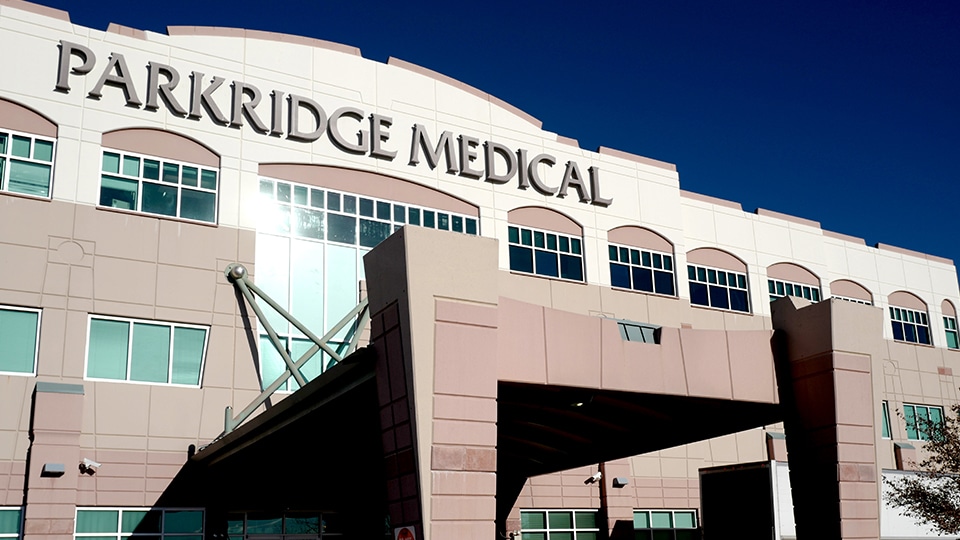Welcome to Urology Associates
Urology Associates has delivered personal, compassionate, and advanced care to Colorado and beyond for nearly four decades. Our team specializes in urological care for men and women.

Our doctors and staff work as a team so you receive consistent care with dedicated providers who personally know you and your condition and are devoted to getting you back to life and health.
It is our mission is to create a unique healthcare experience delivering the highest quality of innovative urological care in Colorado. We understand that exceptional care is important when choosing a urology practice. We believe that exceptional care comes from constant mindfulness of the whole patient, which involves open communication about the patient’s emotions and concerns, as well as their medical options. Our goal is gaining our patients’ trust and curing them.
Our renowned surgeons are experts in their respective fields and practice medicine the way it should be practiced: with warmth, care, sincerity, and respect.
Urology
Our entire team of urologists is focused on providing personal and advanced care for men and women. We offer comprehensive diagnosis and treatment for conditions that affect the urinary system and specialized care that is tailored to the unique needs of each patient. We treat bladder and kidney conditions, urinary incontinence, BPH, Recurrent UTI’s, Prostatitis and Prostate Cancer.
Men’s Health & Fertility
Expert Care for Male Infertility and Sexual Health by our regional experts in male infertility and men’s sexual health. We offer expert care and innovative treatments for ED and other male sexual health issues and advanced diagnosis and treatment for male infertility from vasectomies and vasectomy reversals to technically demanding microsurgery – Our expert urologists are here for you.
Expert Cancer Care Anova Cancer Care
From the area’s top urologists, andrologists, radiation oncologists, physicists, and radiation technologists – Urology Associates and Anova Cancer Care are uniquely qualified to provide the most advanced and innovative care for any urological or prostate cancer diagnosis. You’ve come to the right place – Our team is dedicated to getting you back to living your best life.

The Care Team Difference
At Urology Associates we believe in teamwork. As a patient of Urology Associates, you will be greeted by the same team of practitioners every visit. Instead of seeing a different doctor or nurse each time you come to the office, you will see the same friendly faces ensuring quality care and a comfortable environment.
This level of patient care is important to us. Not only will you be treated with respect, you will feel you are a part of the team and know the professionals who are taking care of you medically, yet on a friendly basis.




